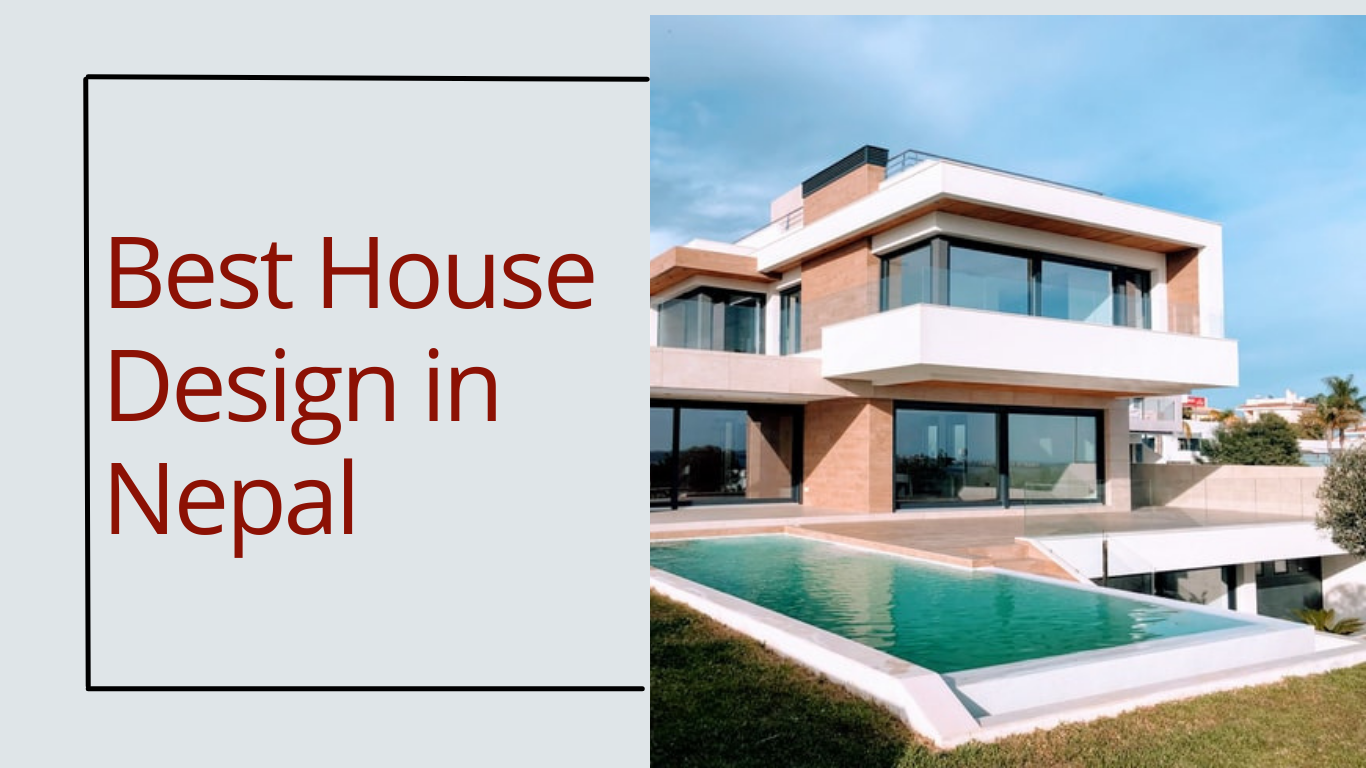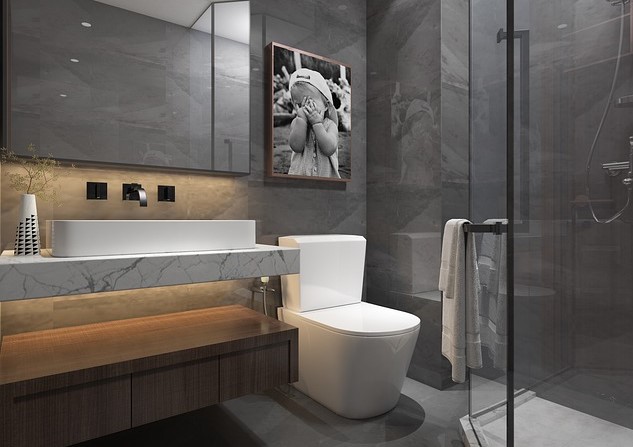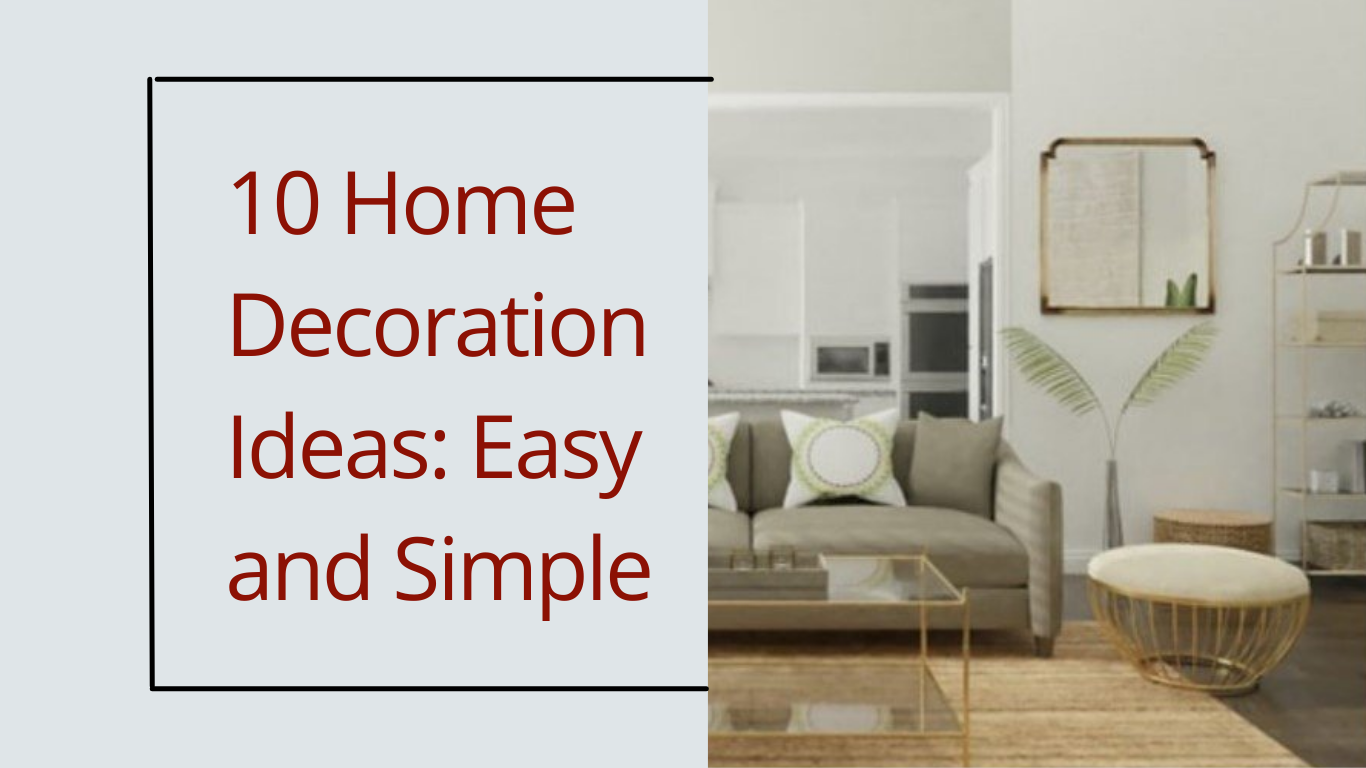By ultra / March 18, 2025
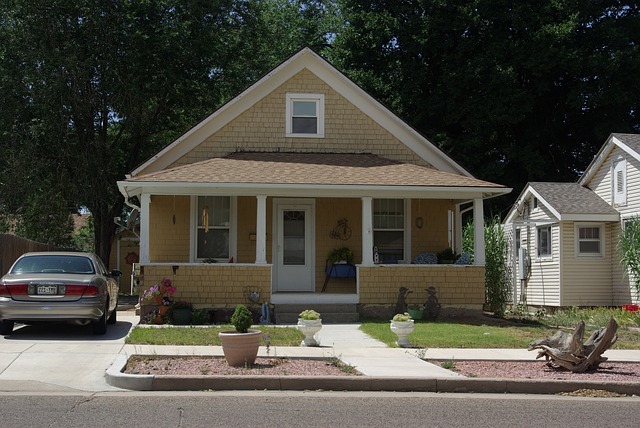
Top Benefits of Modular Design for Modern Homes
A modular design is a home design built using pre-fabricated sections. These pre-fabricated sections, also known as modules, are assembled to form a complete structure. The modular design concept in modern homes has been popular in the present context due to its flexibility, reduced construction time, and build quality. It has transformed the traditional home construction process by enhancing customization and offering smarter and more efficient alternatives. Modular design offers several key benefits, whether you are constructing your first home or considering upgrades.
This blog describes the key benefits of modular design, its advantages and disadvantages, and its suitability in your context. You can get ideas about modular home design to make informed decisions for sustainability and cost efficiency in the future.
What Is Modular Design in Modern Homes? A Complete Guide
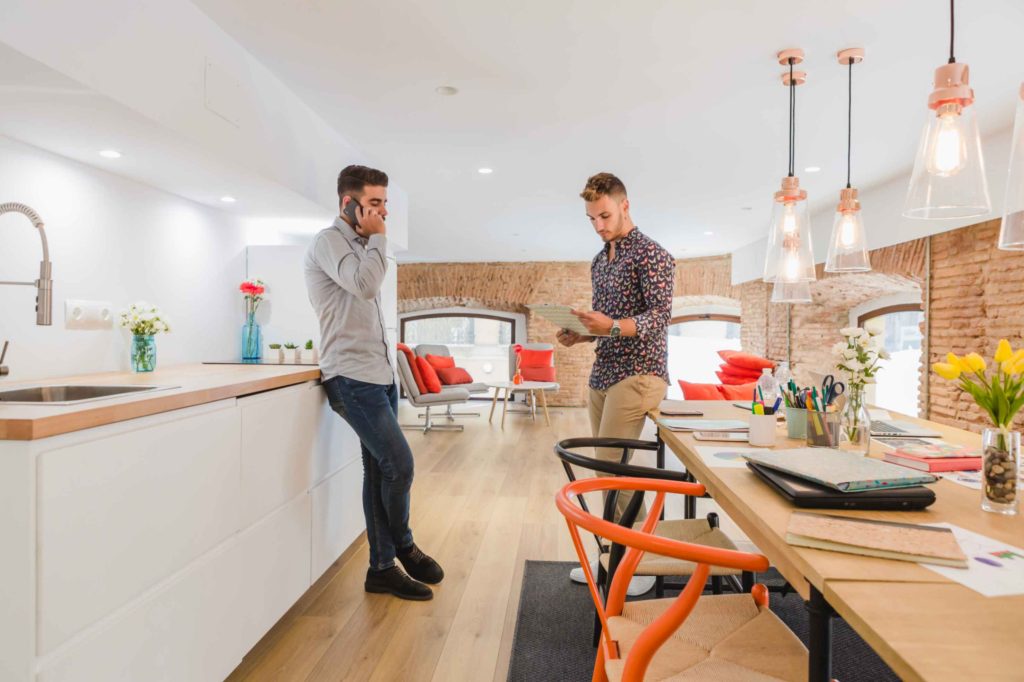 Modular design is a technique of constructing a home in different sections, referred to as modules, inside an environment controlled by a factory. Once they're finished, they're delivered to the construction site and then assembled to create an all-inclusive and high-end home.
Modular design is a technique of constructing a home in different sections, referred to as modules, inside an environment controlled by a factory. Once they're finished, they're delivered to the construction site and then assembled to create an all-inclusive and high-end home.The method is growing in popularity in commercial and residential construction because of its effectiveness and dependability. Because most of the work is completed off-site, modular homes are not subject to delays that are common due to the weather or shortage of labour. The factory environment provides greater quality control and reduces the amount of waste material.
Modular design is known for its versatility and scalability. Homeowners can select from a wide range of designs and finishes. They can also expand their home later on by adding additional modules. With faster construction and affordable and consistently high-quality solutions for construction, modular homes are the best alternatives to traditional construction techniques.
Also Read: Why Is Interior Designing Important?
Key Benefits of Modular Design for Homeowners in Nepal
Modular home design ideas offer various advantages and benefits while being an ideal choice for homeowners. It allows faster project completion with quality improvements, speed, and sustainable solutions to build homes that are efficient and flexible. The key benefits of modular designs are:Flexibility and Adaptability
Modular designs give flexibility and adaptability for homeowners to modify the layout and key features to meet their needs and preferences. In response to changes in requirements and demands, the modular home can be expanded or adjusted accordingly. Their flexibility and adaptability make them an effective and modern-day solution for housing.Scalability
If you are planning to increase and expand your home area in the future, modular design can make this process easier. You can begin with a basic design and then add additional modules as your family grows or your requirements change. This scalability is best for homeowners looking to ensure their investment is secure in the future.Cost Savings
Modular home design ideas offer affordability and cost saving to homeowners. It reduces construction time and delays and minimizes wastage. The construction materials and equipment are affordable. Also, the durable feature of modular design gives long-term savings to the homeowner.Improved Quality Control
As modular home design modules are constructed in factory configurations, their quality control is closely controlled. Each module is subject to multiple inspections to ensure uniformity, quality, durability, and conformity with building regulations. This type of precision will result in fewer errors and better overall quality than the standard in traditional construction.Easier Maintenance
Modular design makes it easier to gain access to plumbing, wiring, and other systems within the house, making maintenance and upgrades easier. Homeowners can save time and money on repairs. They can also remodel their modular homes because of standardized components and a smart plan.Faster Construction Timeline
Modular structures can be constructed much quicker in comparison to a traditional home. While the preparation for the site is in progress, the modules are built off-site, thereby minimizing downtime. When the home module is delivered, it can be built quickly within a week or a month, according to the design.Reduced Downtime
Since the majority of construction is done off-site, modular homes are less prone to delays caused by weather. This reduces downtime and speeds the completion of projects, which is particularly beneficial for homeowners working to tight deadlines.Sustainability
Modular home designs typically incorporate eco-friendly materials and energy-efficient systems. Factory environments also help reduce the amount of waste generated by materials, and modular homes can be fitted with water collection systems, solar panels, and proper heat systems. This makes them the best option for homeowners who are concerned about the environment.Better Collaboration
Modular construction allows for better collaboration between builders, architects, and customers. Improved collaboration with all stakeholders makes communication easy, which helps in the implementation of modifications. Through proper consultation, design can be precisely made from the factory according to the preference of the customer. Hence, better collaboration ensures a smooth experience and execution of the home-building project.Increased Efficiency
Standardized processes and modular components speed up the process of construction. It reduces time managing multiple subcontractors or dealing with unexpected problems. The result is an efficient, adaptable, repeatable, and scalable method of home construction.Also Read: 10 Simple Ideas For Modular Kitchen Design!
Advantages and Disadvantages of Modular Design
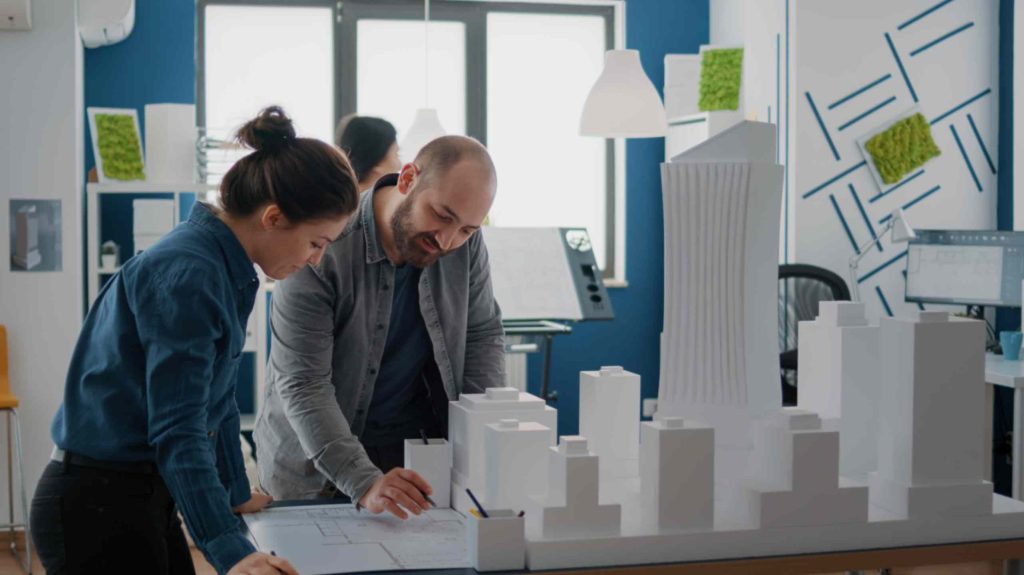 Although modular design has many advantages, it's crucial to know both sides prior to making a decision about whether it's the best option you're considering for the home of your dreams. As with all methods of construction that are used, modular design comes with its own set of advantages and disadvantages. The table below describes the advantages of modular design and disadvantages of modular design.
Although modular design has many advantages, it's crucial to know both sides prior to making a decision about whether it's the best option you're considering for the home of your dreams. As with all methods of construction that are used, modular design comes with its own set of advantages and disadvantages. The table below describes the advantages of modular design and disadvantages of modular design.
| Category | Advantages | Disadvantages |
| Cost | The modular home design is cost-effective due to a quicker construction process, less wastage, and overall efficiency. | While the modular home design is cost-efficient, its initial design and transporting modules may increase expense. |
| Construction Time | Faster completion time in comparison to traditional building methods. | Require proper planning and estimation to complete the project in time. |
| Quality and Durability | It uses durable and strong materials according to factory standards. | The quality and durability standards may limit customization options. |
| Environmental Impact | Made with environment-friendly, efficient, and sustainable materials while producing less waste | Transportation of materials and modules may cause emissions and hamper the environment. |
| Regulatory Compliance | Built to meet or exceed building codes and standards | Local zoning laws and permit processes may delay approval |
| Flexibility | Can be customized easily according to need and requirement | Limited flexibility for key design changes after the beginning of production |
| Perception | Gaining popularity as an efficient and modern building method in Nepal | Not accepted or trusted by major house owners in Nepal. |
Conclusion: Is Modular Design Right for You?
In modern home construction and finishing, modular design allows flexibility, scalability, and sustainability. It is beneficial to homeowners by offering a range of options for customization and easy maintenance, resulting in the best quality and comfort. However, modular design has its limitations, such as the challenges of transportation and the lack of flexibility in the final stages of design. The traditional perception of individuals regarding modular design is also its limitation.If you are looking for a starter home that is sustainable and expandable, modular design can be an ideal option for you as it is budget-friendly, time-saving, and practical. Analyzing the advantages and disadvantages of modular design can also help you decide whether the modular design is appropriate for you.
Visit Ultra Interio, the trusted expert in interior designing, architecture, and modular design in Nepal, for more details. Let the top architects and designers create a dream house that is exclusively yours.
